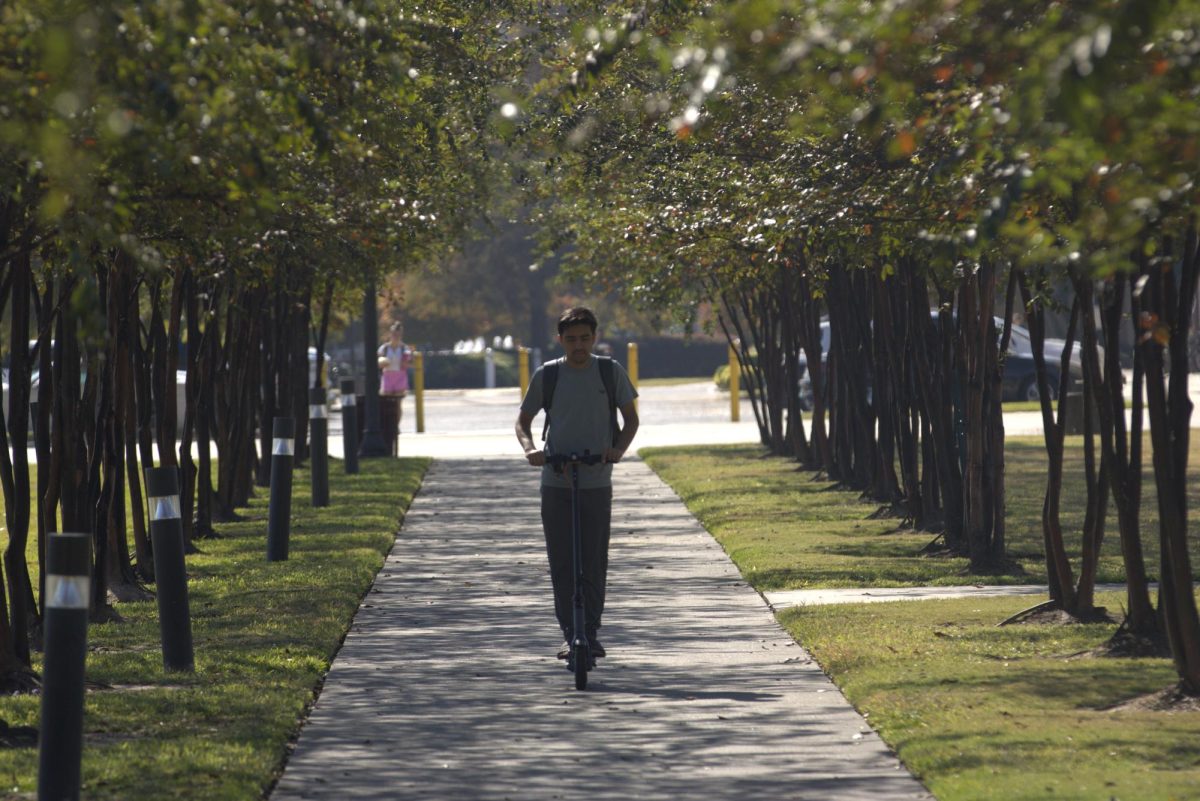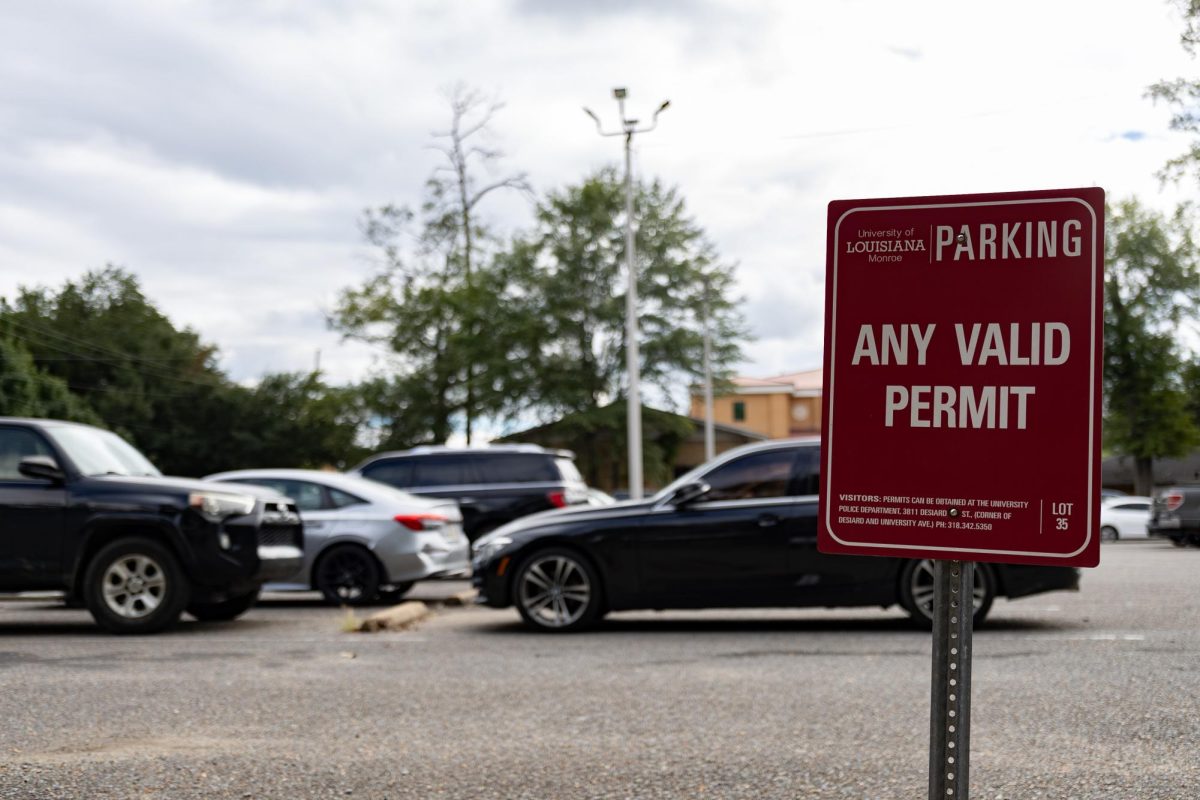No, it’s not
The recently enacted minimum wage increases in several cities may result in consequences with more-than-minimum ramifications.
Several cities in California as well as Seattle have approved an incremental minimum wage increase to $15. Chicago has implemented a $13 wage. The State of New York just approved a $15 minimum wage for fast-food workers.
For those who know the struggle – this is college, we all know the struggle – a minimum wage this high fills our eyes with stars; and images of shoes and clothes and more indigestible Ramen and less expeditions for laundry quarters. Life would be good….right?
I am a romantic, an idealist, a dreamer. But surprisingly, I have my qualms regarding major minimum-wage increases. Here’s why:
If minimum wage increases, who’s to say businesses won’t raise their prices also? A wage increase equals extra costs for companies and, sorry folks, but unless you are the Federal Reserve, money does not grow on trees. (Or should I say the printer?)
A price increase will affect consumers. If the price is increased beyond the consumer’s willingness to buy, sales go down.
Businesses could also cut employees and/or benefits in order to balance the extra cost.
Another possible issue with a wage increase involves losing public assistance programs. There are those who truly need these programs and there are those who take advantage of the system. Either way, both could end up losing the benefits as they would no longer qualify for, say, food stamps because their income would be higher than the poverty line. This could be a good or bad thing, depending on who’s looking at it.
The Employment Policies Institute, a non-profit research organization, released an article this summer detailing the early effects of Chicago’s incremental wage increase which now sits at $10 per hour. Surveying 300 affected businesses, 50 percent stated prices have been or will be raised and one-third reported cutting employee or operational hours. Twenty-three percent had halted expansion plans and 22 percent reported that closing their doors when the final $13 minimum wage rate was reached was very possible.
These percentages may sound small and insignificant to you, especially since Chicago sounds so cold and 14 hours north. But this example highlights early findings from one city. Three hundred businesses in one city is a small sample size compared to what America as a nation will face as more and more cities and states adopt substantially higher wage rates.
According to these findings, what do you think will happen elsewhere?
I am not against small, incremental wage increases in certain areas of work. But I think America should listen to the economists and research the facts before blindly accepting emotional appeals.



